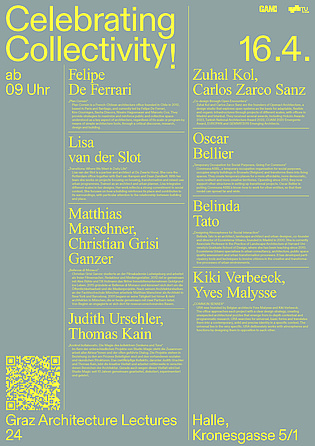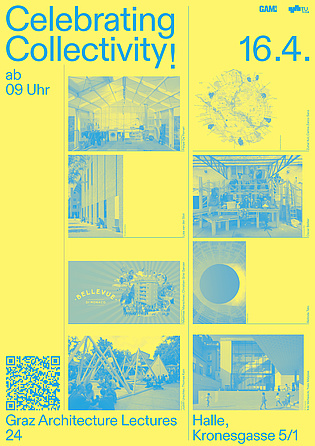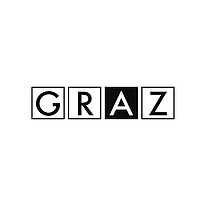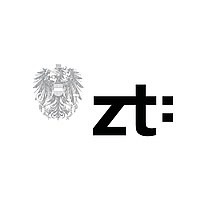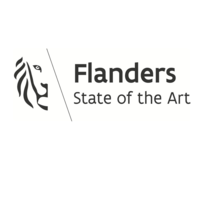Christian Grisi Ganzer, Matthias Marschner (Bellevue di Monaco, München)
Christian Grisi Ganzer studierte an der Filmakademie Ludwigsburg und arbeitet als freier Filmemacher, Redakteur und Mediengestalter. 2012 rief er gemeinsam mit Alex Rühle und Till Hofmann das fiktive Immobilienunternehmen Goldgrund ins Leben. 2015 gründete er Bellevue di Monaco und kümmert sich dort um die Öffentlichkeitsarbeit und die Medienprojekte. Nach seinem Architekturstudium an der Fachhochschule München arbeitete Matthias Marschner als Architekt in New York und Barcelona. 2001 begann er seine Tätigkeit bei hirner & riehl architekten in München, die er heute gemeinsam mit zwei Partnern leitet. Von Beginn an engagierte er sich dort für ressourcenschonendes Bauen.
Oscar Bellier (Communa Bruxelles, Brüssel)
Communa ASBL, a temporary occupation organisation for social purposes, occupies empty buildings in Brussels (Belgium) and transforms them into living spaces. They create temporary places for a more affordable, more democratic, more resilient and more creative territories. Operating since 2013, they now support other structures in setting up transitional projects. Oscar Bellier is putting Communa ASBL's know-how to work for other entities, so that their model can spread far and wide.
Judith Urschler, Thomas Kain (Studio Magic, Wien/Graz)
Im Kern der unterschiedlichen Projekte von Studio Magic steht die Zusammenarbeit aller Akteur*innen und der offen geführte Dialog. Die Projekte stehen in Beziehung zu den am Prozess Beteiligten sind und den vorhandenen sozialen und räumlichen Strukturen. Das zwölfköpfige Kollektiv, darunter Judith Urschler und Thomas Kain, lebt die kreative Vielfalt und arbeitet mittlerweile in verschiedenen Bereichen der Architektur. Gerade auch wegen dieser Vielfalt wird bei Studio Magic seit 10 Jahren gemeinsam gearbeitet, diskutiert, experimentiert und gelehrt.
Felipe De Ferrari (Plan Común, Paris)
Plan Común is a French-Chilean architecture office founded in Chile in 2012, based in Paris and Santiago, and currently led by Felipe De Ferrari, Kim Courrèges, Sacha Discors, Nissim Haguenauer and Marcelo Cox. They provide strategies to maximize and reinforce public and collective space -understood as a key aspect of architecture, regardless of its scale or program- by means of simple architecture tools, through a critical discourse, research, design and building.
Zuhal Kol, Carlos Zarco Sanz (Openact)
Zuhal Kol and Carlos Zarco Sanz are the founders of Openact Architecture, a design studio that explores open systems as the basis for adaptable, flexible and organic infrastructures through projects of different scales, with offices in Madrid and Istanbul. They received several awards, including Holcim Awards 2023, Turkish National Architecture Award 2022, COAM 2020 Emergente Award, EUROPAN and GEMMS’2019 Emerging Architects.
Kiki Verbeeck, Yves Malysse (Ura, Brüssel)
URA was founded by Belgian architects Yves Malysse and Kiki Verbeeck. The office approaches each project with a clear design strategy, creating unexpected architectural puzzles that emerge from in-depth contextual and programmatic research. URA searches for universal, basic forms and translates them into a contemporary, solid and precise identity in a specific context. The universal lies in the very specific. URA deliberately works with atmospheres and functions by designing them in opposition to each other.
Lisa van der Slot (DeZwarteHond, Rotterdam)
Lisa van der Slot is a partner and architect at De Zwarte Hond. She runs the Rotterdam office together with Bart van Kampen and Daan Zandbelt. With her team she works on projects focusing on housing, transformation and mixed-use urban programmes. Trained as an architect and urban planner, Lisa integrates different scales in her designs. Her work reflects a strong commitment to social context. She focuses on how a building reinforces its place and contributes to its surroundings, with particular attention to the relationship between building and place.
Belinda Tato (Ecosistema Urbano, Boston/Madrid)
Belinda Tato is an architect, landscape architect and urban designer, co-founder and director of Ecosistema Urbano, founded in Madrid in 2000. She is currently Associate Professor in the Practice of Landscape Architecture at Harvard University's Graduate School of Design, where she has been teaching since 2010. Ecosistema Urbano specialises in urban consultancy, architecture, public space quality assessment and urban transformation processes. It has developed participatory tools and techniques to involve citizens in the creative and transformative processes of urban environments

